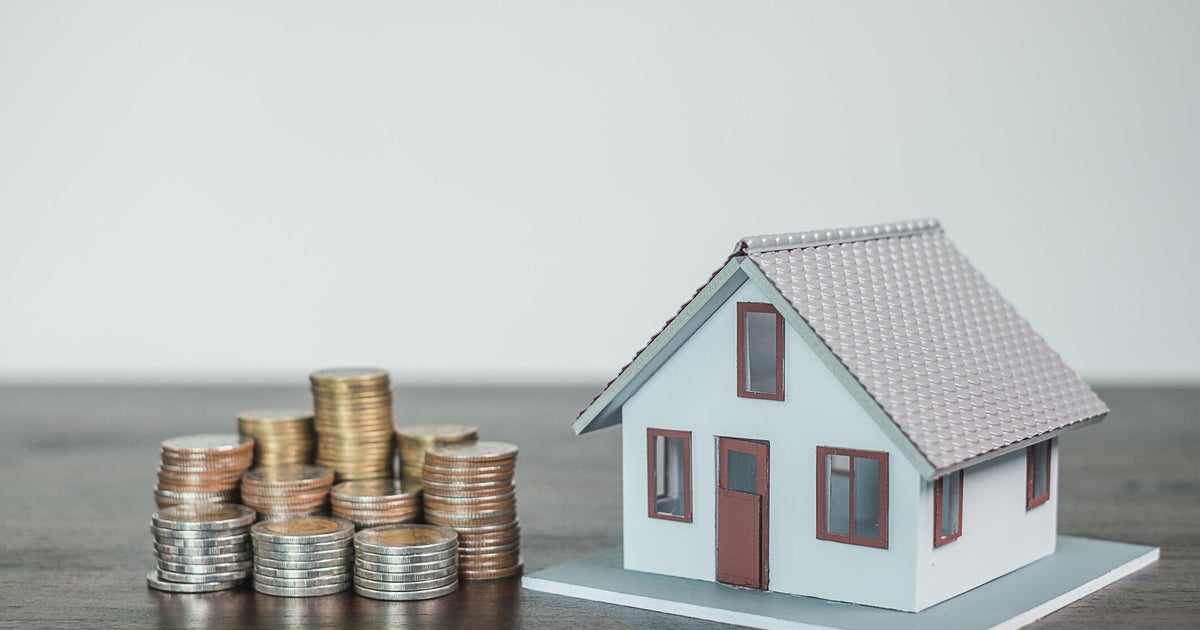How to build wealth with your home equity
Selling your home isn't the only way to cash in on its value. You can also pull from the equity you've built in your home to fund everything from emergency expenses to your retirement. There are several ways to tap into your home's equity, including home equity loans, home equity lines of credit (HELOCs) and cash-out refinancing.
While many people turn to home equity to cover immediate costs, you can also use it to set yourself up for financial success down the road. In this article, we'll explore how your home equity can help you build wealth for years to come.
You can explore your home equity options here now.
How to build wealth with your home equity
Here are four ways you can use your home equity now to help you build wealth for the future.
Pay off debt
High-interest debt can weigh you down for years if not decades. In addition to paying back what you originally borrowed, you could pay thousands of dollars in interest. That's money you could be putting toward other financial goals, such as building an emergency fund or investing in stocks. By using your home equity to pay off high-interest accounts, you can save on interest and pay your debt down faster.
Home equity loan rates are currently about 7% and HELOC rates are about 7.8% to 8%. Contrast that to credit card rates, which are about 20%, and the potential savings are clear.
Explore current home equity rates here to see what you're eligible for.
Make home improvements
The benefits of using home equity to make home repairs and home improvements are two-fold.
First, home improvements such as fixing an old roof or upgrading a kitchen can boost your home's value. This helps you build additional equity you can draw from in the future. It also means you could get more for your home when you sell it.
Second, if you use a home equity loan or HELOC funds on home improvements, you may be able to deduct the interest come tax time.
"Interest on home equity loans and lines of credit are deductible only if the borrowed funds are used to buy, build, or substantially improve the taxpayer's home that secures the loan," the IRS says "The loan must be secured by the taxpayer's main home or second home (qualified residence), and meet other requirements."
Make a down payment on an investment property
An investment property can provide you with a source of regular income. You can draw upon the equity in your current home to put a down payment on a rental property, commercial investment property or a fixer-upper property you plan to flip.
Just be sure you understand what goes into investing in real estate. For example, owning a rental property means screening tenants, maintaining the property and fielding repair requests. You'll need to devote personal time to this or pay a property management company to do it for you.
Find out how much you can borrow here.
Start a business
Starting a business is another way to generate future income. Whether you want to open a storefront, launch an online business or open a franchise, your home equity can provide you with startup capital, saving you from resorting to personal funds or taking out a small-business loan.
The bottom line
Building wealth can be a great way to put your home equity to use. As with any financial decision, be sure to weigh the pros and cons of each home equity option to find the one that's best for you. For example, a home equity loan is usually better for large, one-time expenses (such as a down payment on an investment property), while a HELOC is generally better for ongoing expenses (such as those you may incur running a business).
Start weighing your options by calculating how much equity you have in your home and comparing your home equity options here.




